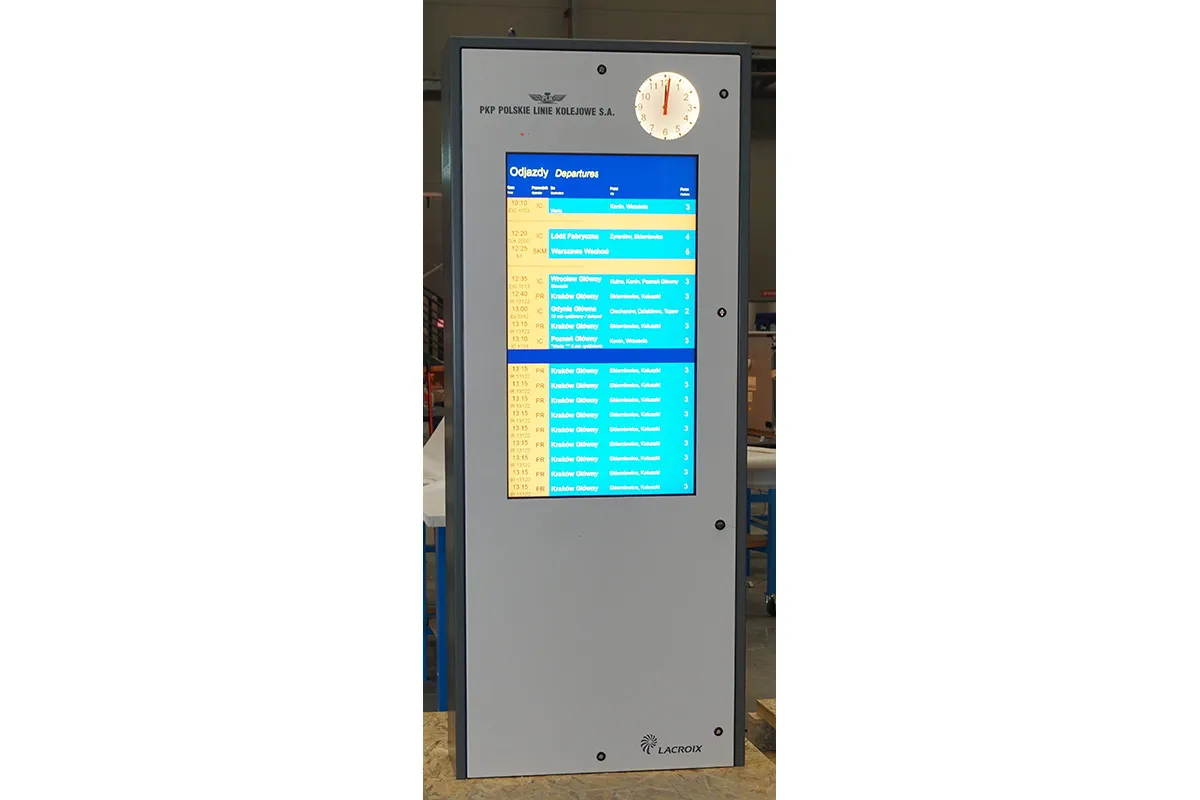The Grab-NUS AI Lab, part of an initial joint investment of S$6m (£3.3m), will utilise data from the Grab platform to provide insights into how citizens move across cities. It will also be used to map out traffic patterns and identify ways to impact mobility directly.
Initially, the companies will work together to improve the efficiency and reliability of transport on the Grab platform. Researchers at the laboratory will create an AI platform for machine learning and visual analytics to help develop applications from Grab’s data set.
Additionally, the team will develop algorithms to provide passengers with smart services based on insights into their needs and to improve accuracy when mapping pick-up points. The technology is also expected to detect traffic events and anomalies in real time and improve urban traffic flow.
Anthony Tan, Grab co-founder, says data from the platform shows how travel time from the region of Newton to the Tanjong Pagar district can be improved.
“If this route would be better served by more shared transport solutions, such as buses, trains, GrabShuttle, GrabShare or GrabHitch, we could bring travel time during peak hour down by one third or from 40 to 28 minutes,” Tan adds.
Grab and NUS set up AI lab in Singapore to make cities smarter
Technology company Grab and the National University of Singapore (NUS) has set up an artificial intelligence (AI) lab to help develop smarter cities in South-east Asia. The partnership intends to solve challenges such as congestion and the liveability of cities in the region.
The Grab-NUS AI Lab, part of an initial joint investment of S$6m (£3.3m), will utilise data from the Grab platform to provide insights into how citizens move across cities. It will also be used to map out traffic patterns and ident
July 20, 2018
Read time: 2 mins
Technology company Grab and the National University of Singapore (NUS) has set up an artificial intelligence (AI) lab to help develop smarter cities in South-east Asia. The partnership intends to solve challenges such as congestion and the liveability of cities in the region.
Related Content










